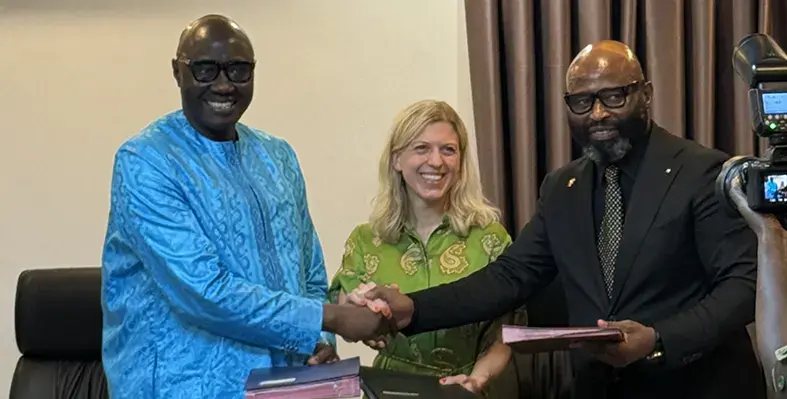Daimler Truck has signed a Letter of Intent with Global Truck Systems (GTS) to establish a local truck assembly plant in SenegalAs part of the agreement, Daimler Truck will serve as the exclusive supplier of dismantled truck kits (CKD – Completely Knocked Down) and act as the project’s technology partner. GTS will lead the assembly operations, in a joint venture with the Senegalese government.Production is expected to begin as early as 2026, with vehicles reaching customers the following year.The plant will assemble various Mercedes-Benz truck model series, tailored for government use — such as the Ministry of Defence, fire brigades and police — as well as private sector needs including waste collection, construction, logistics, and transportation.“The CKD delivery, transfer of know-how and technical support reflect our partnership-based approach with the German Federal Government and the Republic of Senegal,” said Franziska Cusumano, CEO of Mercedes-Benz Special Trucks.The Senegalese government is supporting the project by providing industrial land, offering customs and tax incentives and facilitating local workforce training. The project aligns with the country’s broader strategy to expand domestic production and meet growing mobility needs.GTS will take an operational lead on the project and be responsible for setting up and running the assembly plant. This includes recruiting and training personnel, planning production facilities, assembling vehicles from CKD kits and equipping them with specialised bodies such as cranes or container frames. GTS will also oversee sales operations.Daimler Truck will ensure a reliable supply chain, enforce quality standards and manage technology transfer under the agreement. It will also provide long-term service support, ensuring the quality of locally-assembled vehicles.Michael Dietz, CEO of Daimler Truck Middle East/Africa, said that through this strategic partnership, the three partners are laying the groundwork for sustainable automotive manufacturing in West Africa. “This project signals our long-term commitment to West Africa,” said Dietz. “Through local assembly, job creation, and technology transfer, we aim to contribute to regional economic development.”Read more:












